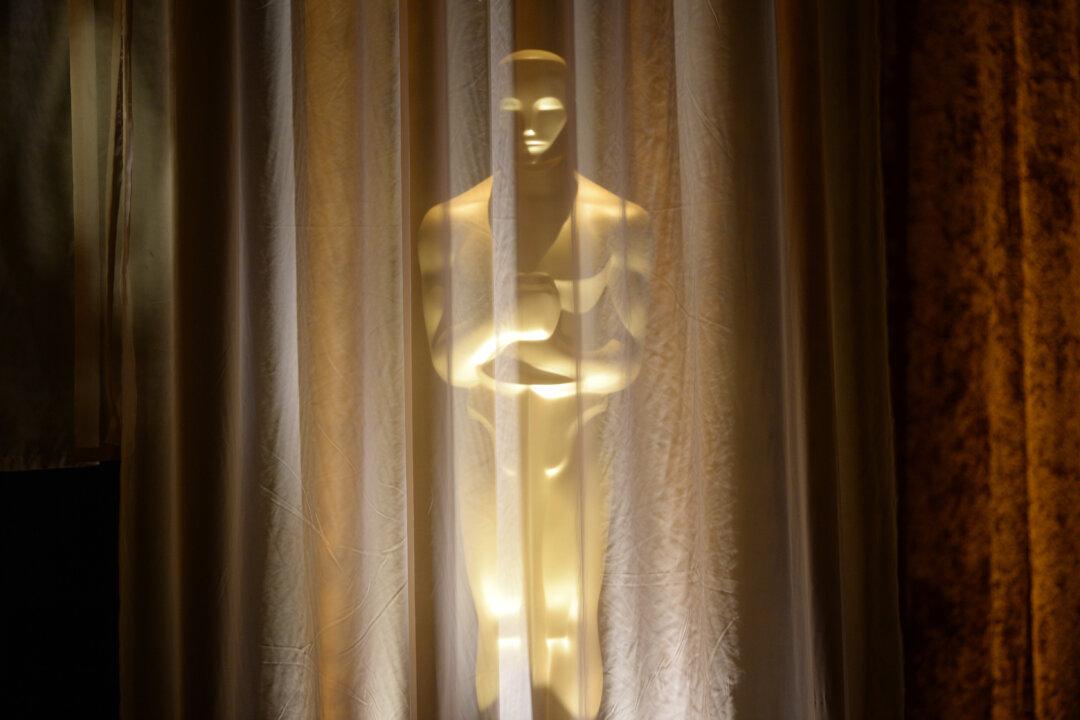The honorary Jean Hersholt Humanitarian Award, presented at the Academy of Motion Picture Arts and Sciences’ annual Governors Awards ceremony, has seemingly been altered to embrace equity standards.
The lifetime achievement award—inspired by Danish-American actor and philanthropist Jean Hersholt, who died in 1956—has been awarded periodically since 1957.
Historically, the academy has bestowed the award to “an individual in the motion picture arts and sciences whose humanitarian efforts have brought credit to the industry.”
Veteran actor Michael J. Fox won the award the year prior for his continued advocacy for people living with Parkinson’s disease. The “Back to the Future” star was diagnosed with the progressive neurodegenerative disorder in 1991, founding The Michael J. Fox Foundation nine years later to help find a cure for the disease.
Other notable honorees include Frank Sinatra, Audrey Hepburn, Elizabeth Taylor, Angelina Jolie, Harry Belafonte, and Danny Glover.
In addition to the Jean Hersholt Humanitarian Award, the Irving G. Thalberg Memorial Award and the Honorary Award are also given out during the Governors Awards ceremony—which was removed from the Oscars telecast in 2009 due to time constraints, launching in an untelevised format instead.
Shift Toward Diversity
The inclusion of “rectifying inequities” marks a moderate but notable shift in the Jean Hersholt Humanitarian Award’s criterion, reflecting the academy’s overall push for diversity-focused changes, which were front and center at the 2024 Oscars.The academy debuted new representation and diversity requirements at the 96th Academy Awards, held on March 10 at the Dolby Theatre in Los Angeles, to “encourage equitable hiring practices and representation on and off screen.”
For a film to be eligible for the best picture category, it had to submit a “Representation and Inclusion Standards Entry” form, requiring two of the following four standards to be met: on-screen representation in themes and narrative, creative leadership and project team, industry access and opportunities, and audience development. Each of the categories featured guidelines pertaining to the inclusion of women, people under the LGBT umbrella, those with cognitive or physical disabilities, and underrepresented racial or ethnic groups.
The film beat out nine other nominees: “The Holdovers,” “American Fiction,” “The Zone of Interest,” “Barbie,” “Poor Things,” “Past Lives,” “Anatomy of a Fall,” “Maestro,” and “Killers of the Flower Moon.”
The diversity quotas were part of the academy’s broader 2025 Aperture initiative. Unveiled in 2020, the ongoing plan also encompassed rolling out unconscious bias training for academy governors and establishing an “Office of Representation, Inclusion and Equity” to oversee the sweeping equity and inclusion initiative.
“While the Academy has made strides, we know there is much more work to be done in order to ensure equitable opportunities across the board,” Dawn Hudson, the academy’s former chief executive officer, said in a statement published in June 2020.
“The need to address this issue is urgent. To that end, we will amend—and continue to examine—our rules and procedures to ensure that all voices are heard and celebrated,” she continued.
The Epoch Times reached out to the Academy of Motion Picture Arts and Science for comment but a response was not received by press time.







